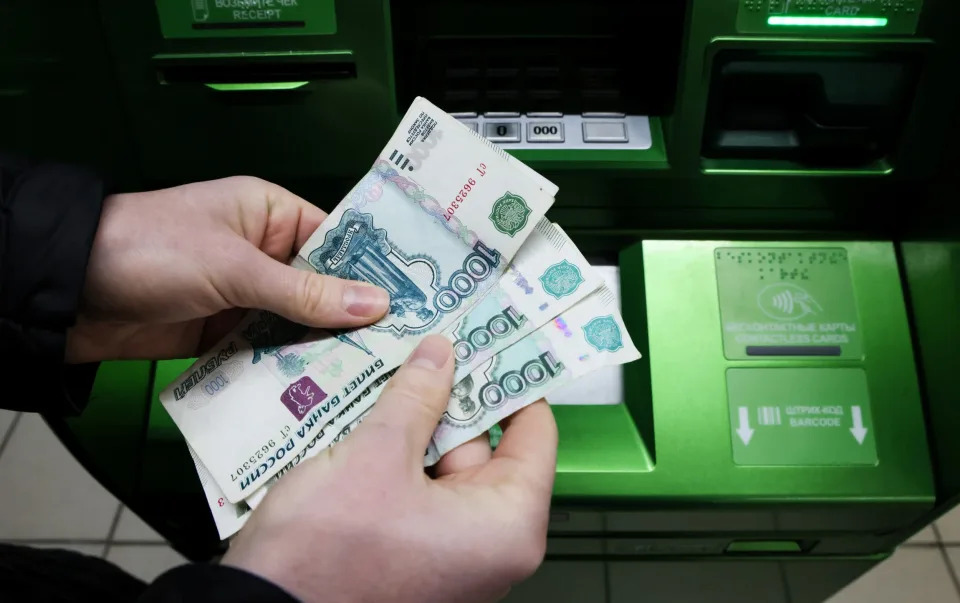The Telegraph
Russia’s economy ‘in crisis’ as banks formally cut out of Swift

Russia is braced for more economic chaos as seven banks are formally been blocked from the Swift messaging system which is a core part of the international payments mechanism, as EU sanctions come into force today.
Western institutions had already been scrambling to cut back dealings with Russian institutions following a wave of restrictions aimed at isolating Vladimir Putin’s regime and crippling the country’s economy over its invasion of Ukraine.
It has instantly cast Russia’s economy into a deep hole, said a top economist at an international group who asked not to be named.
“It is clear Russia is in a deep financial and economic crisis, the only question is how much its economy will contract and how great the damage will be. It could well be worse than what happened in 1998 when they defaulted. It is a very, ery severe crisis for Russia,” the economist said.
“For at least five years it has been trying to develop its economy so it has greater resilience and independence from the west in terms of building up foreign exchange reserves, reducing its deficit, and reorienting trade away from western Europe precisely for this day.
“My suspicion is they didn’t expect sanctions to be as far-reaching as they have proved to be.”
Russia’s central bank has extended the closure of the Moscow exchange until at least 18 March. It had previously said trading on the stock market would recommence on Monday 14 March, following the closure which began on 25 February.
The Institute for International Finance estimates GDP could plunge by as much as 30pc by the end of this year, which compares to the World Bank’s estimates that its economy shrank by 3pc in 2020 and by almost 8pc in 2009’s global financial crisis.
The EU has ordered Swift to disconnect Bank Otkritie, Novikombank, Promsvyazbank, Bank Rossiya, Sovcombank, Vnesheconombank and VTB Bank, though other institutions including Gazprombank and Sberbank are still able to use the messaging system as they are needed for European nations to buy oil and gas from Russia.
Ratings agency Standard and Poor’s has said kicking banks off Swift helps “reinforce” the sanctions, as Russia has only limited means to make payments through alternative channels.
“Alternative systems have emerged in the past decade. For instance, Russian authorities have supported the development of what is known as SPFS, while Chinese authorities have developed the Cross-Border Interbank Payment System. However, these aren’t commonly used for US dollar and euro transactions, nor are they as globally accepted as Swift,” the agency said when the Swift decision was announced.
“Moreover, although Russian banks could switch to these alternative systems, their counterparties might not be as willing to participate. Another alternative is for Russian banks cut off from Swift to use intermediaries that are still connected to Swift or establish bespoke processes. However, the other sanctions already imposed on these seven banks materially reduce the practicality of these alternatives for a large number of counterparts.”
Analysts expect the sanctions to prompt other nations including China to investigate further the possibility of setting up alternative systems alongside their allies in further efforts to reduce their vulnerability from the global system which was in large part established by the western powers in the second half of the 20th century, giving democracies significant economic leverage over dictatorships.
It comes as German lender Commerzbank said it is cutting back links to the Russian economy.
“We have stopped new business in Russia and we are winding down existing transactions,” said a spokesman for the bank. “Of course we’re complying with sanctions.”
